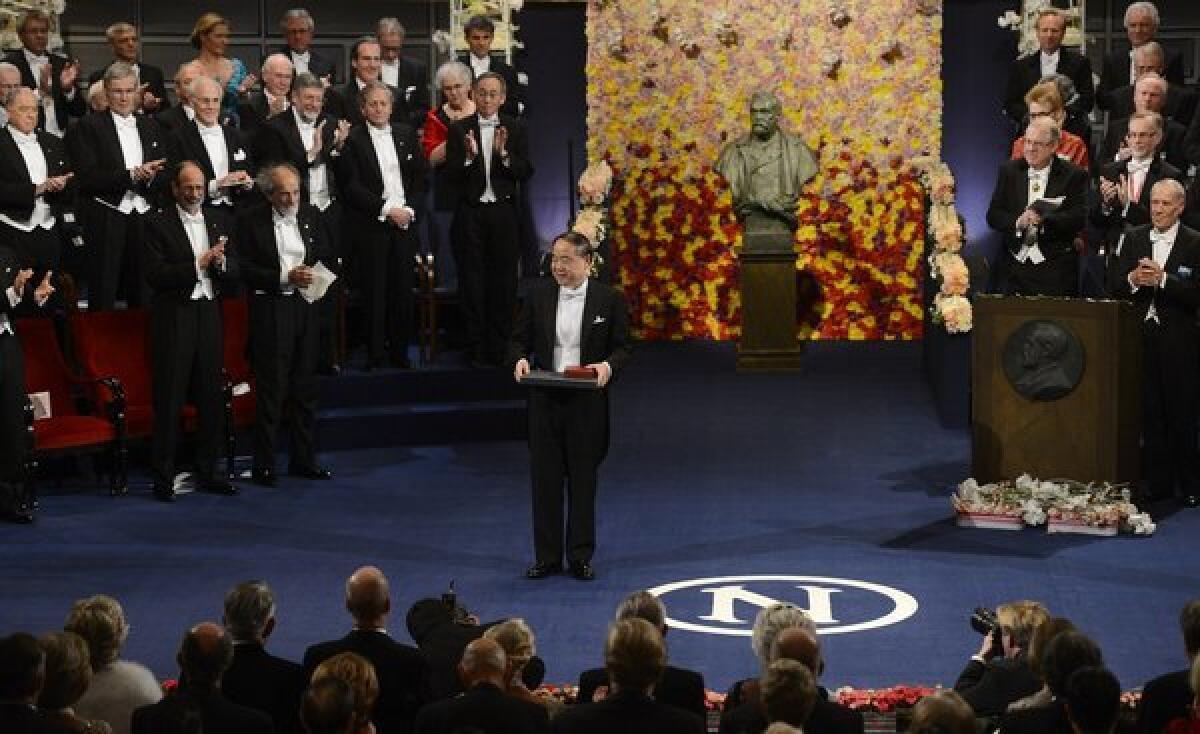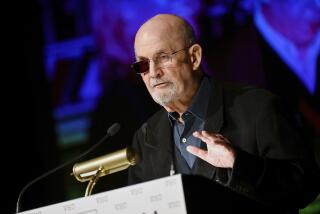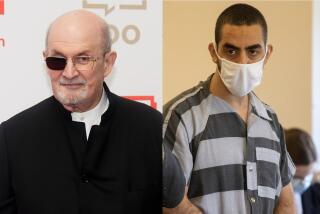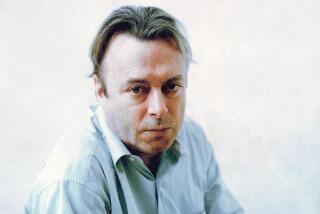Is Mo Yan courageous, or is he a patsy?

Salman Rushdie thinks Mo Yan is a patsy of China’s Communist government. I respect Rushdie’s work, and his own courage as a defender of artistic freedom. But I’m not sure he’s right about Mo Yan.
Mo accepted the Nobel Prize for Literature this month, and promptly declined to join his fellow Nobel laureates in signing a petition calling on the Chinese government to release the 2010 winner of the Nobel Peace Prize, Liu Xiabo. More than 130 other Nobel laureates have signed the petition, including Desmond Tutu.
“This really is too bad,” Rushdie wrote on his Facebook page, as Salon reports. “He defends censorship and won’t sign the petition asking for the freedom of his fellow Nobelist Liu Xiaobo. Hard to avoid the conclusion that Mo Yan is the Chinese equivalent of the Soviet Russian apparatchik writer Mikhail Sholokhov: a patsy of the regime.”
Mo has never watched “Seinfeld,” I’m sure, but his reply to this latest controversy (following his support of some censorship in China) reminds me of that episode in which Kramer goes on an AIDS march but refuses to wear an AIDS ribbon.
“I have always been independent,” Mo said. “I like it that way. When someone forces me to do something, I don’t do it.”
In reviewing Mo’s latest novel published in English, “Pow!”, I pointed out that Mo the novelist is scathing in his portrait of Communist-run China as a place where corruption and capitalist greed undermine basic morality. Clearly, Mo the Chinese citizen is engaged in a very delicate dance with the regime that could silence him at any time.
Writing in The Guardian, Pankaj Mishra takes a similar tack, pointing to the difficulty of being an artist under an authoritarian regime.
“The possibility of friction with ... the authoritarian state ... often makes for a degree of self-censorship,” Mishra writes. “At the same time, the need for obliqueness can also make the literary imagination more resourceful. ... Such is the case with Mo Yan’s deeply interesting fiction. His writing, however, has hardly been mentioned, let alone assessed, by his most severe Western critics; it is his political choices for which he stands condemned.”
In his Nobel lecture, Mo alludes, very cautiously, to the difficulties he faces.
“My greatest challenges come with writing novels that deal with social realities, such as ‘The Garlic Ballads,’ not because I’m afraid of being openly critical of the darker aspects of society, but because heated emotions and anger allow politics to suppress literature and transform a novel into reportage of a social event,” Mo said.
In “The Garlic Ballads” the Communist government defrauds and abuses a group of garlic farmers, imprisoning those who dissent. The man who wrote that book and “Pow!” is clearly nobody’s patsy.
“The announcement of my Nobel Prize has led to controversy,” he continued in his lecture. “At first I thought I was the target of the disputes, but over time I’ve come to realize that the real target was a person who had nothing to do with me. ...
“For a writer, the best way to speak is by writing. You will find everything I need to say in my works. Speech is carried off by the wind; the written word can never be obliterated.”
ALSO:
The New York Review of Books versus Salman Rushdie
Former Amazon warehouse workers face a sad predicament
What a bummer: Nobel Prizewinner Mo Yan defends censorship
More to Read
Sign up for our Book Club newsletter
Get the latest news, events and more from the Los Angeles Times Book Club, and help us get L.A. reading and talking.
You may occasionally receive promotional content from the Los Angeles Times.







